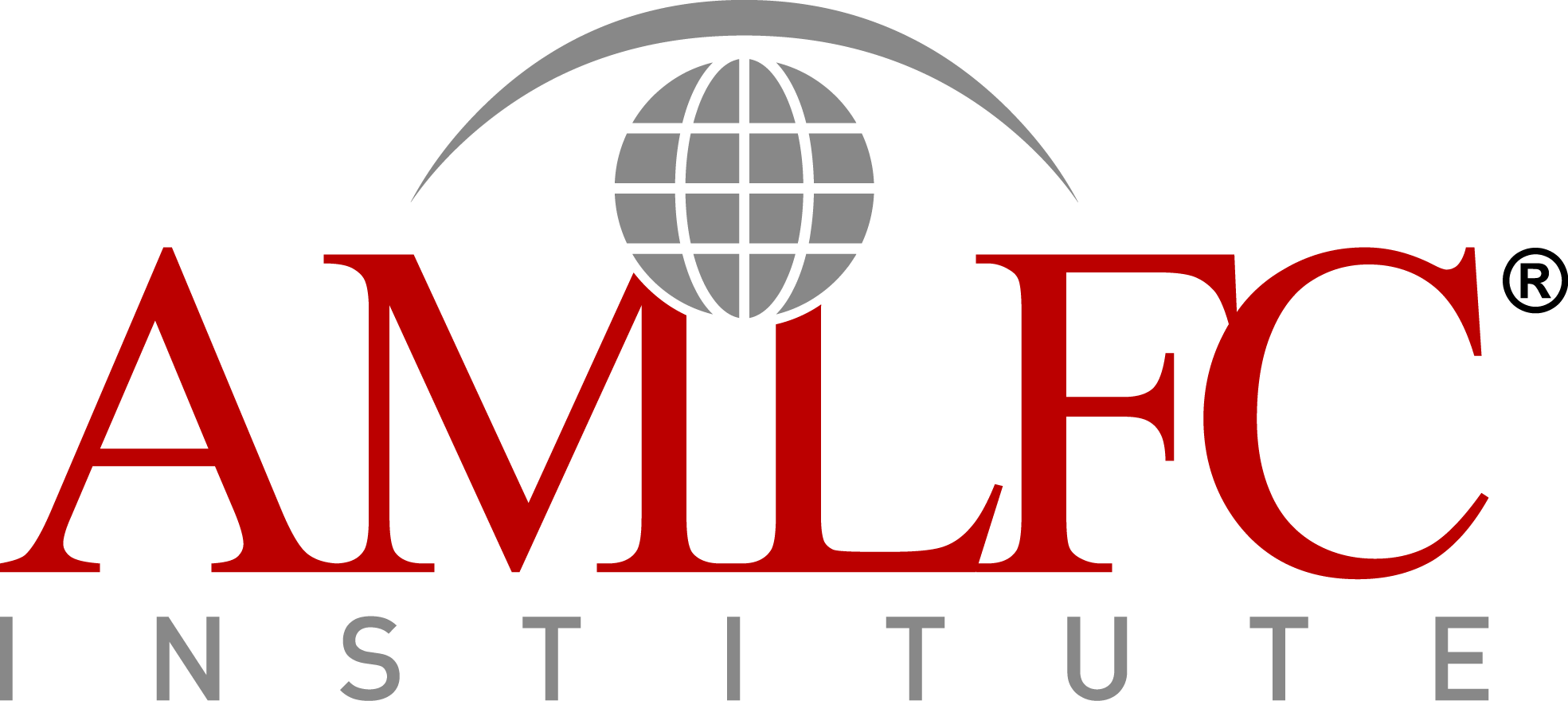Cybersecurity Certification
Next course starts July 21st, 2026
Financial news media is frequently inundated with instances of cybercrime which burden the finance industry with millions of dollars of annual losses. These events, however, are not just of concern for the global financial industry but all business which utilize technology in its operations. And with the cyber attackers and hackers becoming more sophisticated in their use of cyber threats, any lack of emphasis on cybersecurity in an organization will render it to larger financial losses and exposure to risks such reputation and liquidity risk. It is therefore imperative that industry professionals acquire an appreciation for the importance of cybersecurity along with the engaging in some of its more practical aspects of the prevention of cyber attacks.
This course, therefore, seeks to introduce students to the rudiments of cybersecurity, making it ideal for those that wish to have well-rounded knowledge about concept in the field . So along with the basics of practical computer security, we explore areas such as confidentiality, risk assessment, and practical ways to safeguard various computing systems.
In this certification course, candidates will:
- Learn the elements of practical computer security
- Identify and discuss the principles of Confidentiality, Integrity and Availability
- Explore the mindset of cyber criminals, and global tracking and hacking run by governments around the globe.
- Explain the importance of using encryption and utilize different encryption services
- Apply a basic cyber risk quantification framework
- Recognize different cyber attacks and analyze their potential impacts within an organization
- Assess cyber risks and analyze potential losses stemming from them
- Develop a basic cyber risk management action plan and recommend a simple course of action to prevent infractions within an organization
- Describe what blockchain technology is and summarize the costs and benefits of its utilization
Course Modules include:
- The Basics of Practical Computer Security
- The Principles of Confidentiality, Integrity, Availability
- Hacking Methodology
- Global Hacking Infrastructure
- Encryption
- Cyber Risk Quantification
- Cyber Attacks
- Phishing
- Brute Force Attack
- DoS & DDoS Attacks
- Bots and Botnets
- Phishing
- Cyber Risk Assessment
- Cyber Risk Management
- Cyber Risk Management (Action Plan)
- Practical Applications of Computer Security
- Introduction to Blockchain Technology
- Security Tokens and Utility Tokens
- Cybersecurity and Blockchain Technology
- Course Project
- Final Exam
Learning Objectives:
- Learn the elements of practical computer security
- Identify and discuss the principles of Confidentiality, Integrity and Availability
- Explore the mindset of cyber criminals, and global tracking and hacking run by governments around the globe
- Understand hacking methodology
- Explain the importance of using encryption and utilize different encryption services
- Apply a basic cyber risk quantification framework
- Learn how to conduct a cyber risk assessment
- Recognize different cyber-attacks and analyze their potential impacts within an organization
- Assess cyber risks and analyze potential losses stemming from them
- Develop a basic cyber risk management action plan and recommend a simple course of action to prevent infractions within an organization
- Understanding the fundamentals of blockchain technology, describe what blockchain technology is and summarize the costs and benefits of its utilization
- Develop measures to mitigate against cyber attacks
Prerequisites:
To qualify for admission to this AML/CFT/FCP Certification Program sequence of courses, in addition to a high school diploma and/or have entry-level qualifications to a college/university a student must qualify via at least one of the following:
- Be enrolled at a University Partner’s institution;
- Be admitted at any University Partner’s institution;
- Have obtained at least an Associate Degree from another accredited institution; or
- Have accumulated five (5) years of experience working for a regulated entity under AML/CFT/CFP/FCP, a regulator, an enforcement agency or government, and possess at least a high school diploma.
Program Level: Beginners/Intermediate
Instructional Delivery Method: Group Live or Group Internet Based
CPE Credit: 40
Refund Policy Click Here
Cancellation Policy Click Here
Complaint Resolution Policy Click Here
